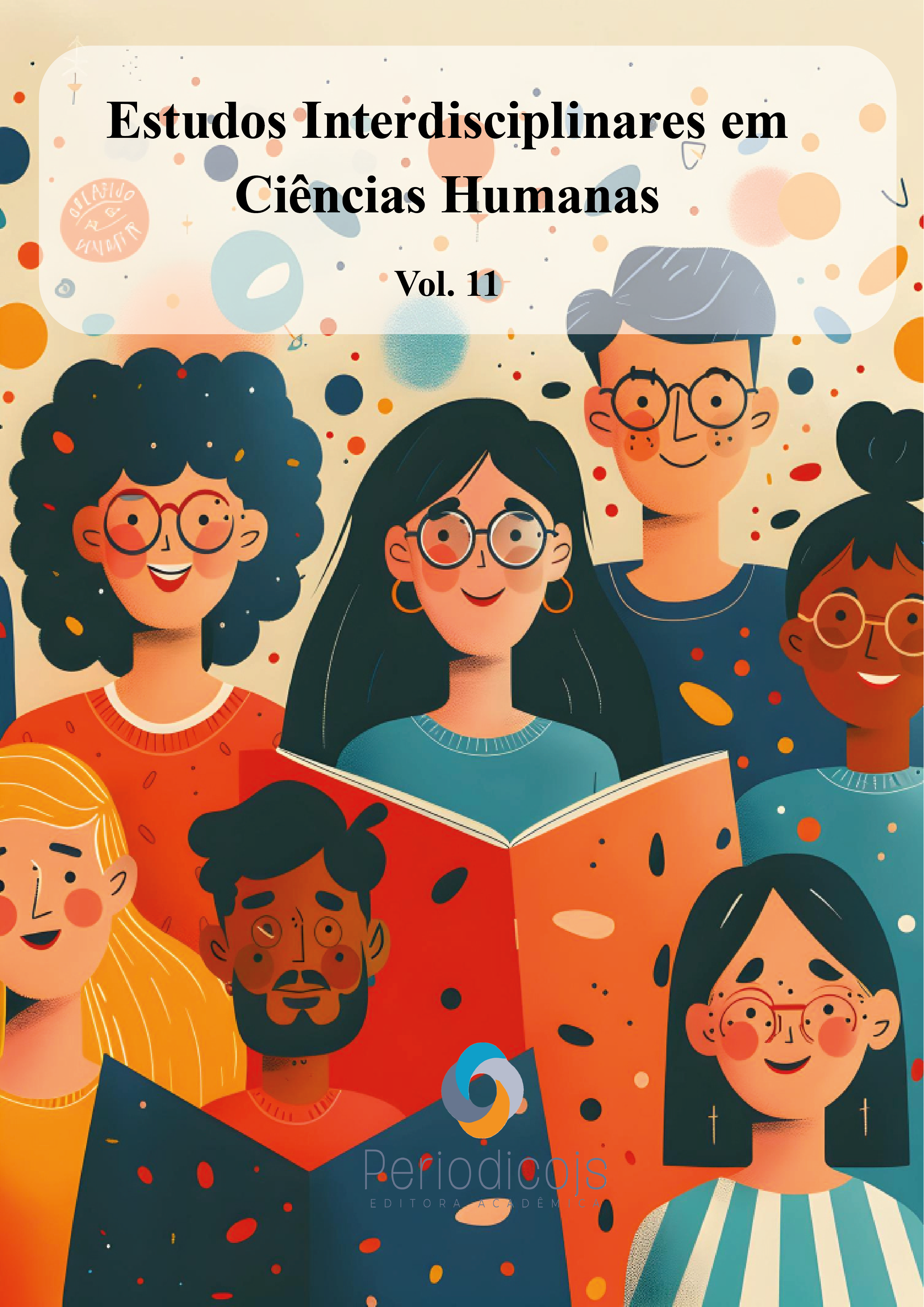Abstract
This writing presents the benefits of Artificial Intelligence in adaptive learning in synchronous and asynchronous online courses, as well as showing an analysis of the use of Artificial Intelligence (AI) in distance education (EaD), exploring the advantages, challenges, application methods, cases success, benefits and limitations of this technology in remote education. The introduction presents the context and justification of the article, in addition to defining the objectives and structure of the work. In the section dedicated to AI in distance learning, the text offers an overview of the application of this technology in the educational context, highlighting the main advantages and challenges. Then, the success stories section explores examples of the application of AI in distance learning courses, presenting results, methodologies and benefits obtained. The challenges in implementing AI in distance learning are considered next, addressing issues of ethics, privacy, reliability and adaptation to different educational contexts. The following section presents the main methods of applying AI in distance learning, including the use of chatbots, recommendation systems, data analysis and machine learning. The benefits of AI in distance learning are planned in the following section, with emphasis on personalizing teaching, reducing costs and improving efficiency. The limitations of AI in distance learning are addressed in the final section, pointing out the lack of human interaction, the lack of flexibility and the possible replacement of teachers. Finally, the final considerations present a summary of the main points of the article and suggestions for future research in the area. In general, the article highlights the importance of responsible use of AI in distance learning, taking into account its benefits and limitations.
References
ALSMADI, I.; JARADAT, R.; AL-HAMAD, A. Artificial Intelligence (AI) in Education: Opportunities and Challenges. International Journal of Emerging Technologies in Learning (iJET), v. 15, n. 01, p. 73-86, 2020.
LI, C.; YANG, J. Analysis and application of intelligent teaching in distance education based on machine learning. Journal of Physics: Conference Series, v. 1882, n. 1, p. 012078, 2021.
LI, Xiaoou; LIANG, Jiaxin. Artificial intelligence in education: a review. Journal of Educational Technology Development and Exchange, v. 13, n. 1, p. 1-14, 2020.
LI, Y.; YANG, Y. The application of artificial intelligence in education: Opportunities and challenges. Journal of Educational Technology Development and Exchange, v. 14, n. 1, p. 9-20, 2021.
LIPTON, Z. C.; STEINHARDT, J. Discrimination in machine learning: What is it and how to mitigate it. In: 2018 IEEE 28th International Conference on Tools with Artificial Intelligence (ICTAI), 2018. Proceedings... IEEE, 2018. p. 24-30.
Mckay, T. A., & Kay, D. (2020). The impact of automated grading on student performance, perceptions, and workload. Computers & Education, 144, 103701.
MOOKERJEE, V.; RAY, S. A review of ethical issues in using artificial intelligence in education. International Journal of Emerging Technologies in Learning, v. 15, n. 7, p. 3-17, 2020.
Anderson, J. Q., & Rainie, L. (2018). The future of jobs and jobs training. Pew Research Center.
ANDERSON, J.; RAINIE, L. Artificial intelligence and the future of humans. Pew Research Center, 2018.
DARABSEH, Ala’ M.; et al. Improving E-Learning Process by Integrating Artificial Intelligence. International Journal of Emerging Technologies in Learning, v. 16, n. 14, p. 161-180, 2021.
Dervos, D. A., Papamitsiou, Z., & Economides, A. A. (2019). Intelligent tutoring systems in higher education: A systematic literature review. Journal of Educational Technology & Society, 22(3), 99-118.
DERVOS, D. A.; PAPAMITSIOU, Z.; ECONOMIDES, A. A. Intelligent Tutoring Systems and Distance Learning: A Synergic Combination to Foster Learning Outcomes. Education and Information Technologies, v. 24, n. 5, p. 2875-2898, 2019.
FERGUSON, Rebecca. AI in Education: 10 examples of EdTech Using AI. Global EdTech, 2019. Disponível em: https://global-edtech.com/ai-in- education-10-examples-of-edtech-using-ai/. Acesso em: 19 mar. 2023.
GUO, M.; KARIMI, M.; KULIK, J. Learner differences in hint use behavior and their relationship with performance in a blended mathematics course. Computers & Education, v. 114, p. 149-163, 2017. Guo, P. J., Kim, J., & Rubin, R. (2015). How video production affects student engagement: An empirical study of MOOC videos. ACM Conference on Learning at Scale.
Hervás-Gómez, C., Muñoz-Merino, P. J., Alario-Hoyos, C., & Delgado-Kloos, C. (2020). Identification of skill gaps in MOOC students using artificial intelligence techniques. IEEE Transactions on Learning Technologies, 13(2), 344-355.
HERVÁS-GÓMEZ, C.; FERNÁNDEZ-SANTOS, Y.; HERRERA-VIEDMA, E.; ALCALÁ-FDEZ, J. Artificial Intelligence in Education: Issues and Trends. IEEE Intelligent Systems, v. 35, n. 5, p. 48-55, 2020.
HOLSTEIN, Kate. AI and education: a guide to issues and trends. Brookings Institution Press, 2021.
HRATINSKI, Stefan. A theory of online learning as online participation. Computers & Education, v. 120, p. 146-156, 2018.
Joyner, D. A., Kelleher, J. D., & Pardos, Z. A. (2021). Automated grading and feedback generation for programming assignments. ACM Transactions on Computing Education (TOCE), 21(1), 1-22.
KULKARNI, Chinmay et al. AI-supported personalized learning: a review. IEEE Transactions on Learning Technologies, v. 12, n. 4, p. 508-524, 2019. Kumar, D., & Raju, K. V. K. (2020). Design and development of an intelligent tutoring system for computer science education. International Journal of Engineering Education, 36(3), 1091-1102.





